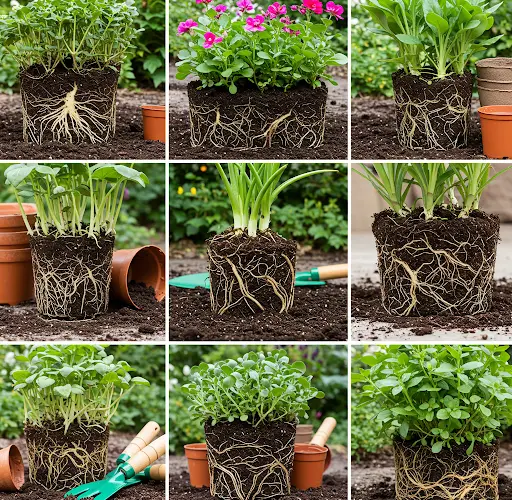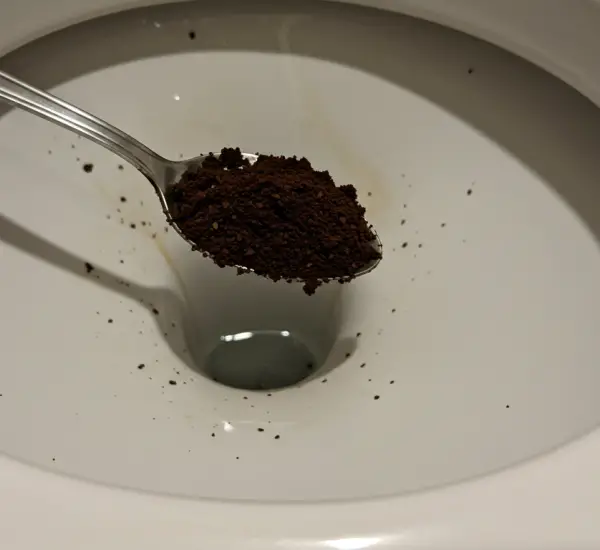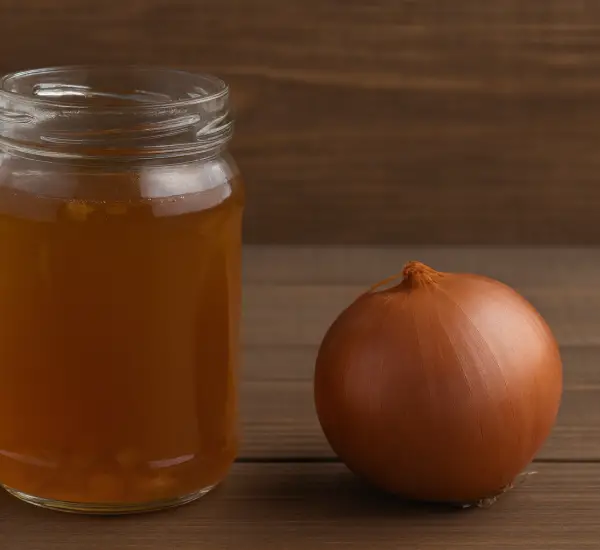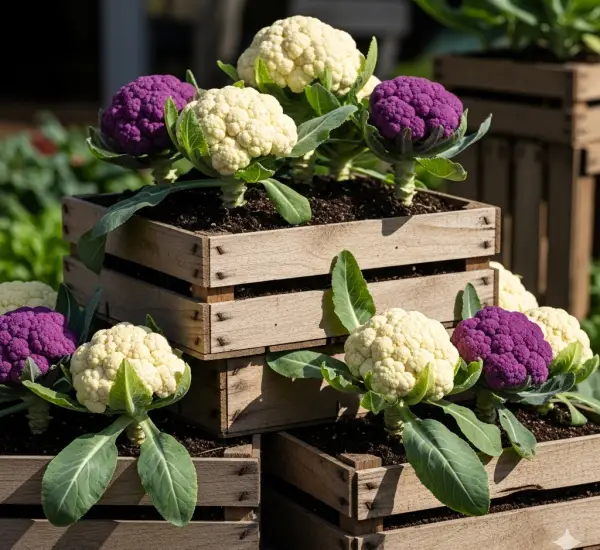How to Quickly Root Cuttings Using a Powerful Natural Growth Stimulator
Rooting plant cuttings can sometimes be a slow and frustrating process, especially when certain plants refuse to develop roots no matter how much care they receive. However, a simple and effective method has been discovered that accelerates root growth significantly. This technique, which involves the use of potassium humate, works wonders by stimulating the cuttings to develop strong roots in a remarkably short period.
The Discovery of This Powerful Rooting Method
The effectiveness of potassium humate as a rooting stimulant was discovered completely by accident. While preparing a fertilizer solution for tomatoes and cucumbers, a small amount of the solution accidentally spilled into a container holding stubborn cuttings that had yet to root. The next day, to great surprise, the cuttings had already begun developing roots.
To test whether this was merely a coincidence, the experiment was repeated deliberately. The results were the same—cuttings that had been struggling to root quickly developed strong and healthy root systems after being exposed to potassium humate.
Why Potassium Humate Works for Rooting
Potassium humate is an organic compound derived from natural humic substances. It enhances nutrient absorption, improves soil structure, and acts as a natural biostimulant that promotes plant growth. Its ability to stimulate root development makes it a powerful aid for propagating plants from cuttings.
When used for cuttings, potassium humate helps accelerate cell division and root formation, making it an ideal alternative to synthetic rooting hormones. Additionally, it strengthens plants’ immunity, improves stress resistance, and enhances nutrient uptake, making the newly rooted cuttings healthier and more resilient.
How to Use Potassium Humate for Rooting Cuttings
To harness the power of potassium humate for rooting plant cuttings, follow these simple steps:
- Prepare the Solution – Mix 10 milliliters of liquid potassium humate with one liter of water. Stir well to ensure the compound is evenly dissolved.
- Soak the Cuttings – Place the cuttings into the prepared solution and let them soak for 12 to 24 hours before planting.
- Monitor the Progress – Within just a couple of days, small root formations should start appearing on the cuttings.
- Plant the Cuttings – Once the roots have developed sufficiently, plant the cuttings in a suitable growing medium and continue regular care.
Additional Benefits of Potassium Humate
Beyond its incredible effectiveness in rooting cuttings, potassium humate provides several additional benefits for plants and soil:
- Improves Soil Fertility – Enhances soil structure, increasing its ability to retain moisture and nutrients.
- Boosts Plant Immunity – Strengthens plants’ natural defenses against diseases and pests.
- Increases Growth and Yield – Promotes healthy plant development and improves fruit and vegetable production.
- Environmentally Friendly – A natural alternative to synthetic growth stimulators and fertilizers.
Practical Applications for Gardeners
This method is particularly useful for those who frequently propagate plants, whether for personal gardening, landscaping, or commercial plant production. It works well with a variety of plants, including:
- Vegetables such as tomatoes, peppers, and cucumbers
- Ornamental plants and shrubs
- Houseplants and succulents
Since potassium humate is widely available and easy to use, it provides a cost-effective solution for gardeners seeking faster and more efficient propagation techniques.
Conclusion
For anyone looking for an effective way to root plant cuttings quickly, potassium humate is an excellent natural solution. Its ability to stimulate root growth, strengthen plants, and improve soil health makes it a must-have for gardeners of all levels. With just a simple application, cuttings that once took weeks to root can now develop strong, healthy roots in a matter of days. By incorporating this technique into regular gardening practices, anyone can enjoy faster and more successful plant propagation.



